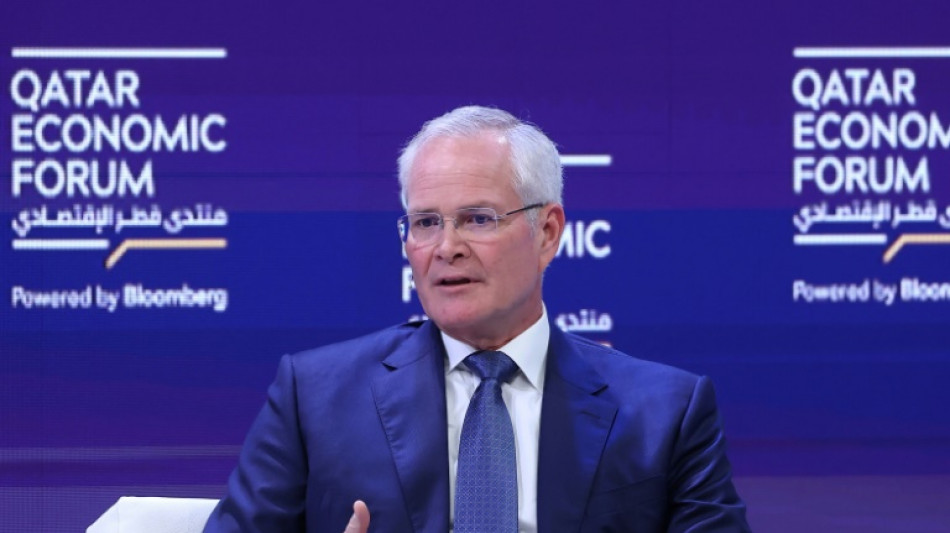
RBGPF
-0.7800


Lower crude prices dented profits at ExxonMobil and Chevron as the companies signaled Friday they are moving past a legal fight over an acquisition ultimately won by the latter firm.
In similar earnings reports, both companies reported second-quarter profit declines despite increased production, with both US giants pumping more from the Permian Basin, a shale-rich region in the states of Texas and New Mexico.
But the two companies still garnered enough extra cash to sustain rich shareholder payouts.
"The second quarter, once again, proved the value of our strategy and competitive advantages, which continue to deliver for our shareholders no matter the market conditions or geopolitical developments," ExxonMobil CEO Darren Woods said in an earnings statement that touted $9.2 billion in shareholder distributions in the three-month period.
ExxonMobil's profits came in at $7.1 billion, down 23.4 percent from the year-ago period. Crude prices were under $65 a barrel, more than $10 less than the level in the 2024 quarter.
Revenues fell 12.4 percent to $81.5 billion.
The company said it brought online three more of 10 "key" projects due to start in 2025 that will lead to growth.
The projects included upgrades to existing facilities in Singapore and Britain to produce more high-value products from low-quality petroleum feedstocks, as well as a renewable diesel venture in Canada.
Chevron, meanwhile, reported profits of $2.5 billion, down 43.4 percent from the year-ago level. Revenues dropped 12.4 percent to $44.8 billion.
Chevron pumped 3.4 million barrels of oil equivalent per day during the quarter, well below the 4.4 million of oil equivalent produced by ExxonMobil.
- Closing the gap -
But Chevron CEO Mike Wirth said the company expects to end 2025 close to four million barrels per day following the completion of its $53 billion acquisition of US company Hess, which was delayed for more than a year following a legal spat with ExxonMobil.
ExxonMobil had contested Chevron's right to take over Hess' interest in an offshore field in Guyana in which ExxonMobil holds the largest stake.
But on July 18, Chevron announced that it completed the transaction following a "favorable" outcome in the arbitration dispute with ExxonMobil.
Wirth said the legal dispute had given it more time to plan out integration, enabling it to speed up $1 billion in annual efficiency gains six months faster than the original plan.
The extra time also means that Chevron has already repurchased more than 50 percent of company shares it had planned to issue for the Hess transaction, officials said on a conference call.
Chevron spent $5.5 billion in shareholder distributions in the second quarter.
In an interview with CNBC, Woods said he was surprised at the outcome of the Hess arbitration, but had called Wirth and John Hess of Hess to congratulate them.
"We're moving on from that," Woods told the network. "It's time to move forward and continue on the business."
Such frictions typify comportment in the oil industry, where huge capital outlays require rivals to work together on individual projects even when they compete.
"You have to learn to walk and balance between, on the one hand, being partners and working closely together, and on the other hand, fiercely competing," Woods said. "I have no doubt we'll continue to have a constructive partnership."
Shares of ExxonMobil fell 1.7 percent in afternoon trading, while Chevron slipped 0.5 percent.
S.Wilson--ThChM